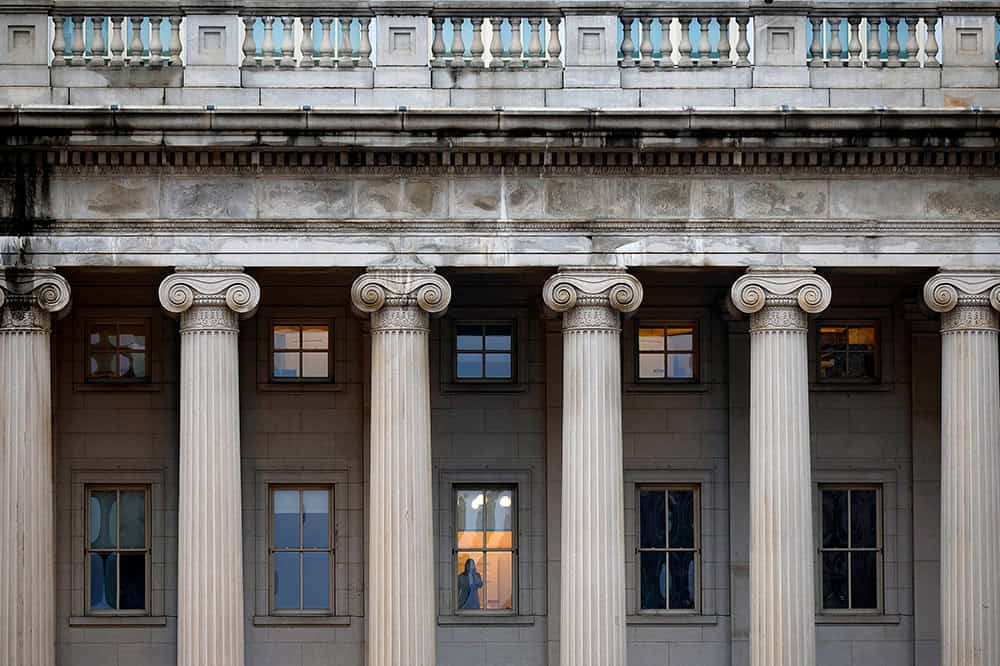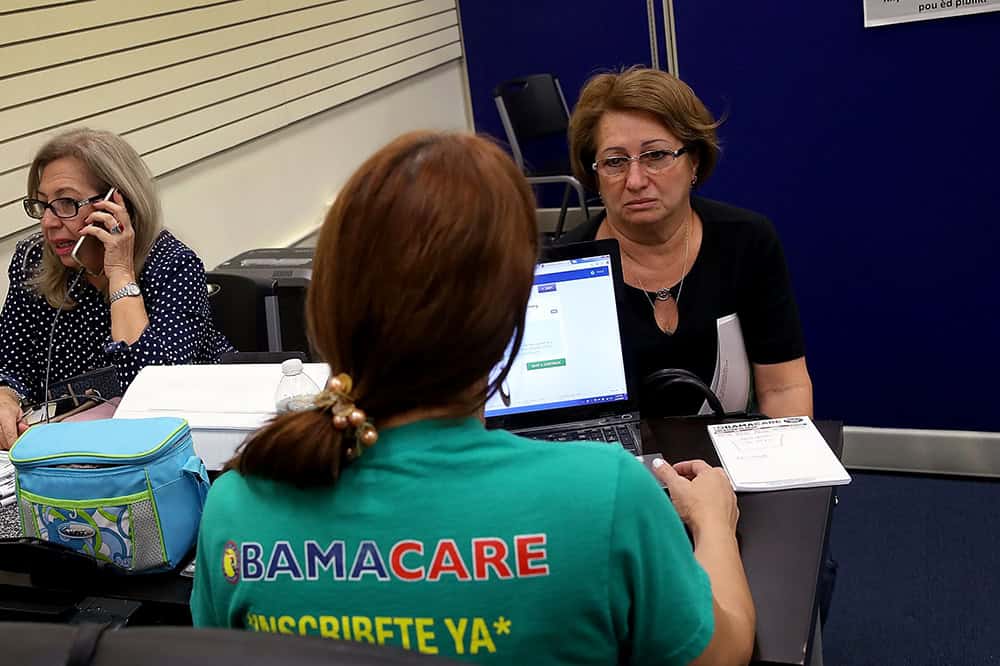Peterson Foundation Statement on Reports of Fiscally Irresponsible Senate Budget Resolution

NEW YORK — Michael A. Peterson, President and CEO of the Peter G. Peterson Foundation, commented today on reports that the Senate Budget Committee is considering a budget that would increase deficits by allowing for $1.5 trillion in unpaid-for tax cuts over the next 10 years:
“With the U.S. in such a dangerous fiscal situation, policymakers shouldn’t even consider voluntarily adding another $1.5 trillion to our national debt. Reaching $20 trillion in debt should be a wake-up call to solve our fiscal challenges, not an invitation to add to the problem.
“Our tax code is overdue for an overhaul, and there are many ways to improve it in a sustainable way. Smart tax policy can help our economy. But irresponsible tax reform is counterproductive and anti-growth because increasing the national debt hurts the economy. Tax reform should grow the economy, not the debt. This proposal fails the test of fiscally responsible tax reform.
“The Senate Budget Committee has many members who have long emphasized the need for fiscal responsibility, and if anything our fiscal outlook has only gotten worse. Tax reform represents a real opportunity to improve our economy and fiscal outlook at the same time. America’s future prosperity depends on it.”
America’s current fiscal position includes:
- Last week the United States increased its debt load to $20 trillion for the first time ever.
- Under current law, over the next 10 years our interest costs are projected to be $6 trillion and become the third largest line item in the federal budget.
- Under current law, the budget deficit is projected to exceed $1 trillion annually in just five years, and total $10 trillion over the next decade.
Read more:
- Peterson Foundation principles for tax reform to grow the economy, not the debt.
- The Tax Reform Tradeoff: TPC analysis on eliminating tax expenditures, reducing rates.
Further Reading
The Debt Ceiling Will Be Reinstated on January 1 — Here’s What’s at Stake
One of the first, and most consequential, decisions facing newly elected lawmakers will be what to do with the debt ceiling.
How Does Student Debt Affect the Economy?
As overall student debt has grown over the past decade, it is apparent that such borrowing can place a financial burden on households.
How Does the Federal Government Subsidize Healthcare Under the ACA — and What Does It Cost?
In 2025, the expansions of the premium tax credit under the Affordable Care Act will expire, and lawmakers will have to decide whether to extend them.


